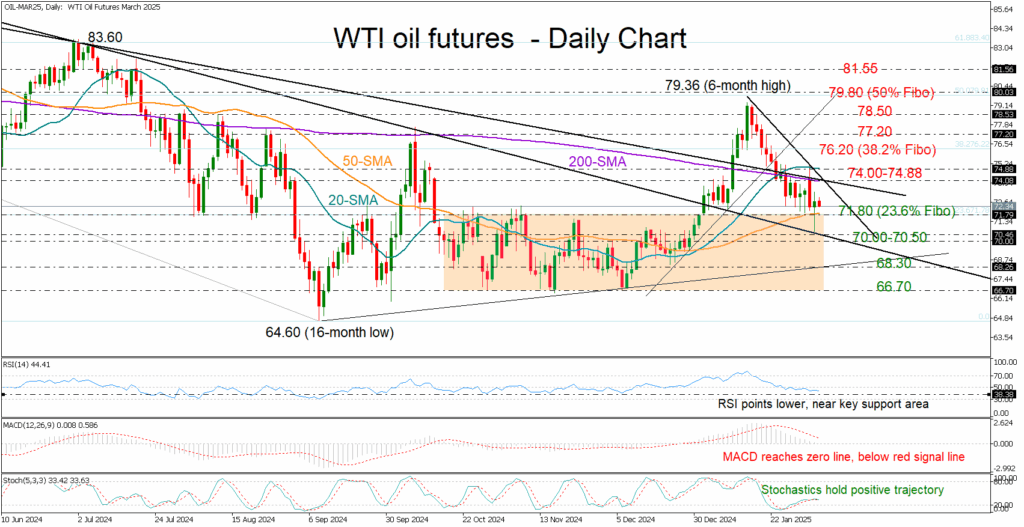
Introduction to Oil Futures
Oil futures play a critical role in the global energy market, as they allow investors to buy and sell contracts for oil at predetermined prices, impacting everything from oil prices to economic growth. Understanding the movements in the oil futures market is essential for both individual investors and significant economic stakeholders.
Recent Developments in Oil Futures
In October 2023, oil futures experienced notable fluctuations attributed to geopolitical tensions and changes in supply and demand dynamics. The ongoing conflict in the Middle East has caused supply uncertainties, pushing futures prices upwards. For instance, West Texas Intermediate (WTI) crude saw an increase of approximately 12% over the past month, climbing to around $90 per barrel. Meanwhile, Brent crude oil also rose, reflecting similar market sentiments and apprehensions.
The Energy Information Administration (EIA) reported that U.S. oil inventories fell by 3 million barrels last week, significantly impacting traders’ strategies. Analysts suggest that the current market could continue to experience volatility influenced by various factors including weather patterns, OPEC+ decisions, and evolving demand from major consumers like China and India.
Forecasts and Implications
Looking ahead, experts predict that oil futures are likely to remain volatile through the end of 2023 and into 2024. Factors such as global economic recovery post-pandemic, green energy transitions, and potential sanctions on oil-exporting nations can further complicate the market landscape.
Investors are advised to closely monitor geopolitical developments and supply chain stability as these elements will be paramount in determining future pricing. Analysts emphasize that a sudden shift in the corporate policies of major oil companies or strategic alliances among producing nations can significantly alter the optimization of operating margins.
Conclusion
In conclusion, oil futures are not only a crucial indicator of the global energy market but also serve as economic bellwethers. Their relevance extends beyond mere speculation; they influence broader market trends, consumer prices, and national policies. As the world navigates an evolving energy landscape and economic pressure, understanding oil futures will remain essential for investors and policymakers alike.



